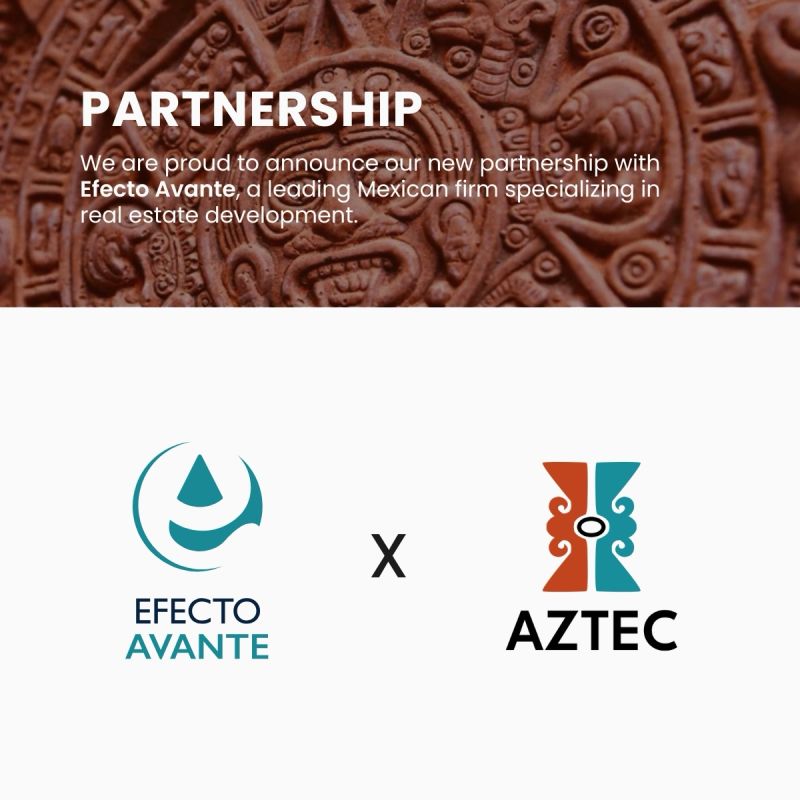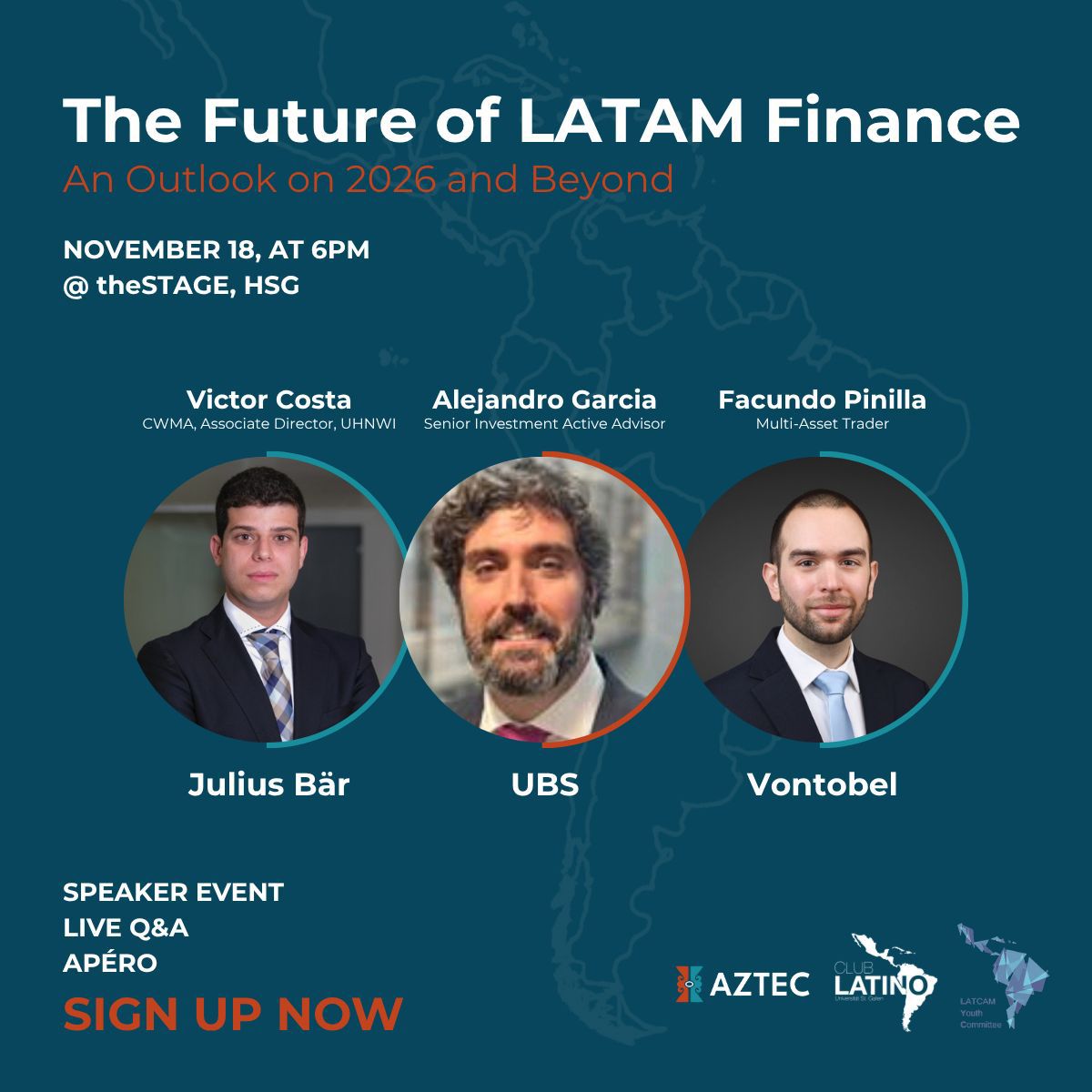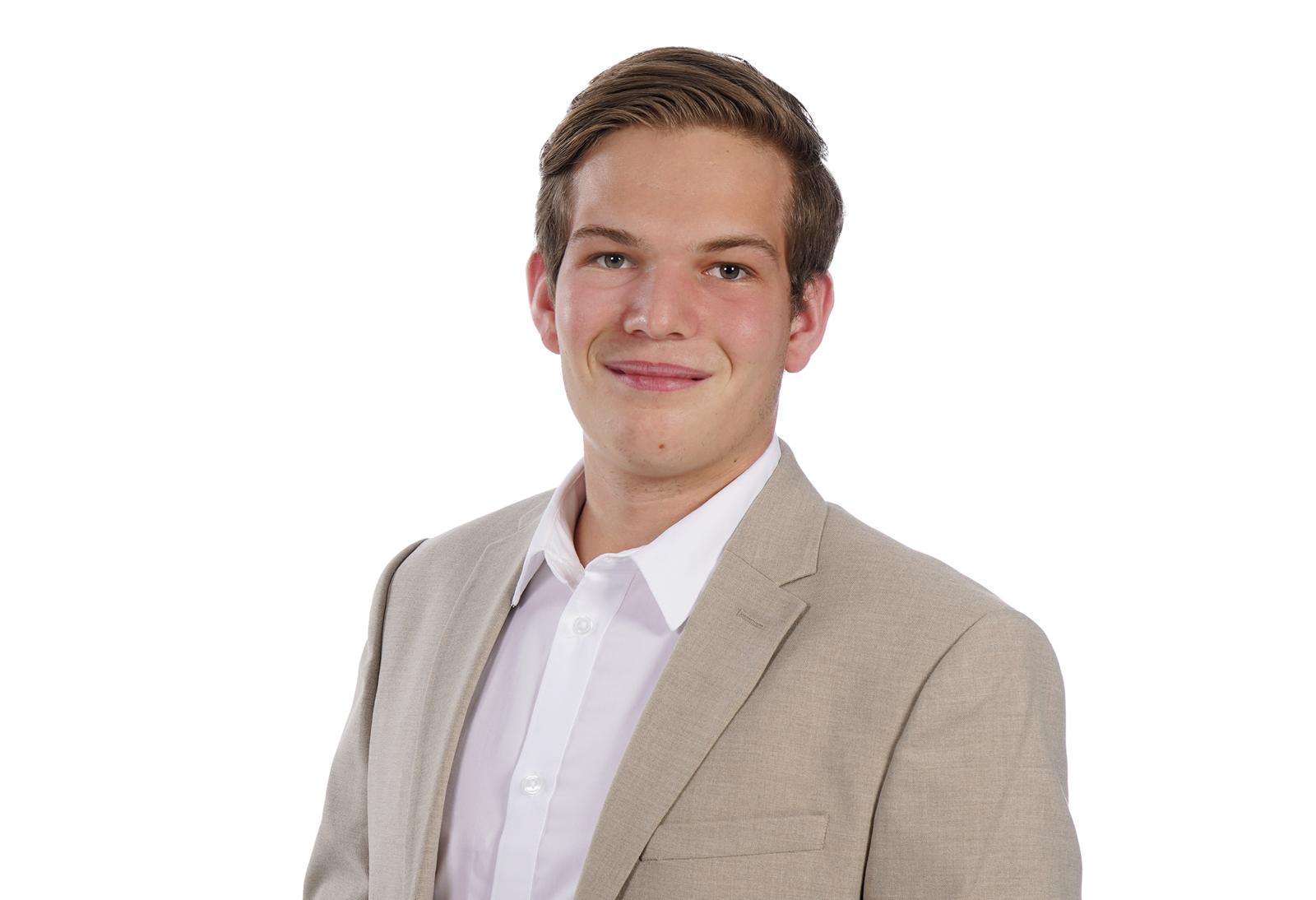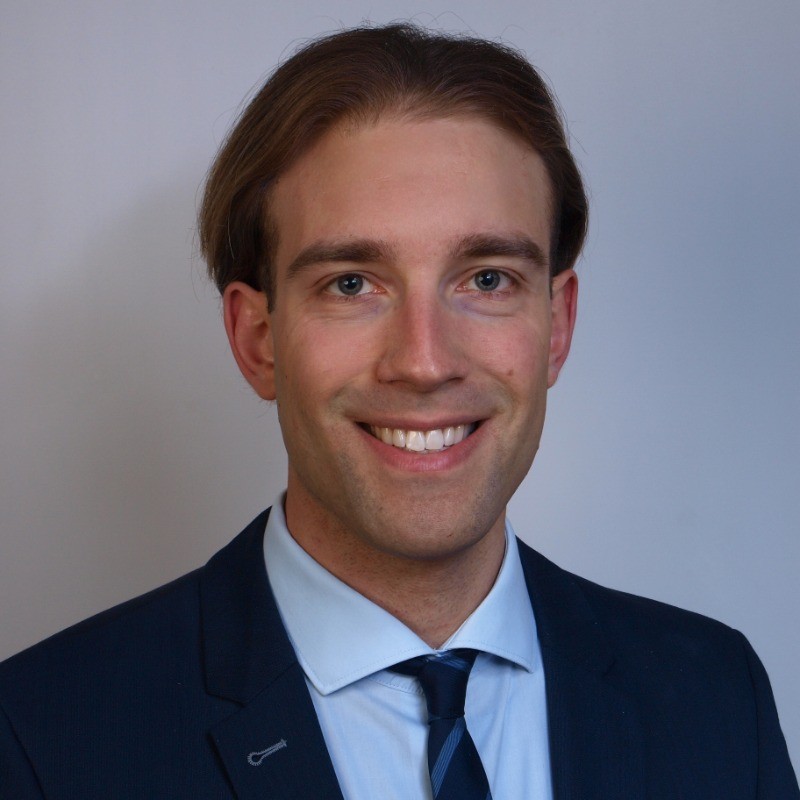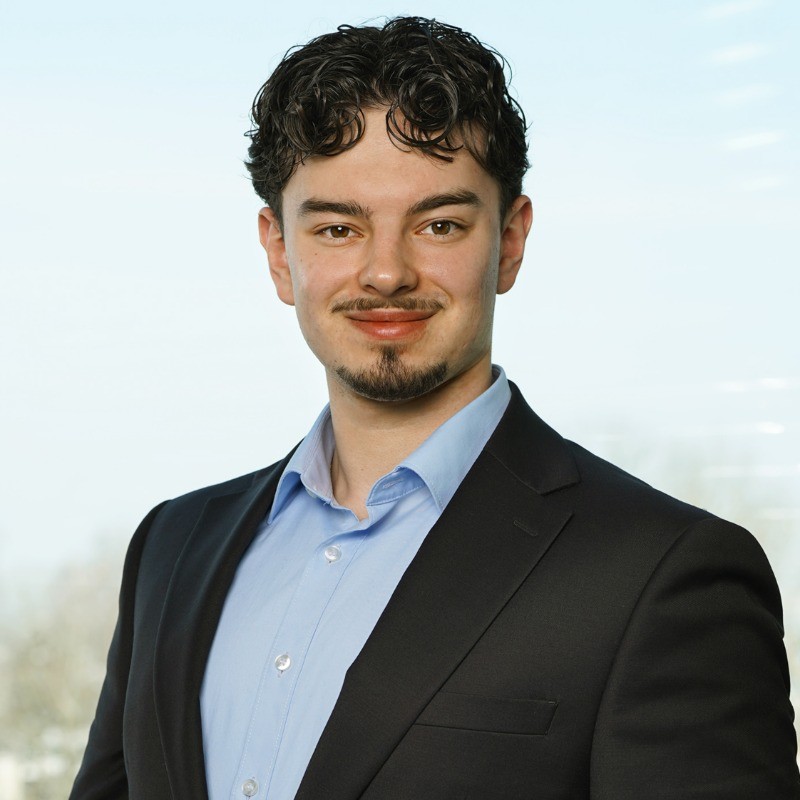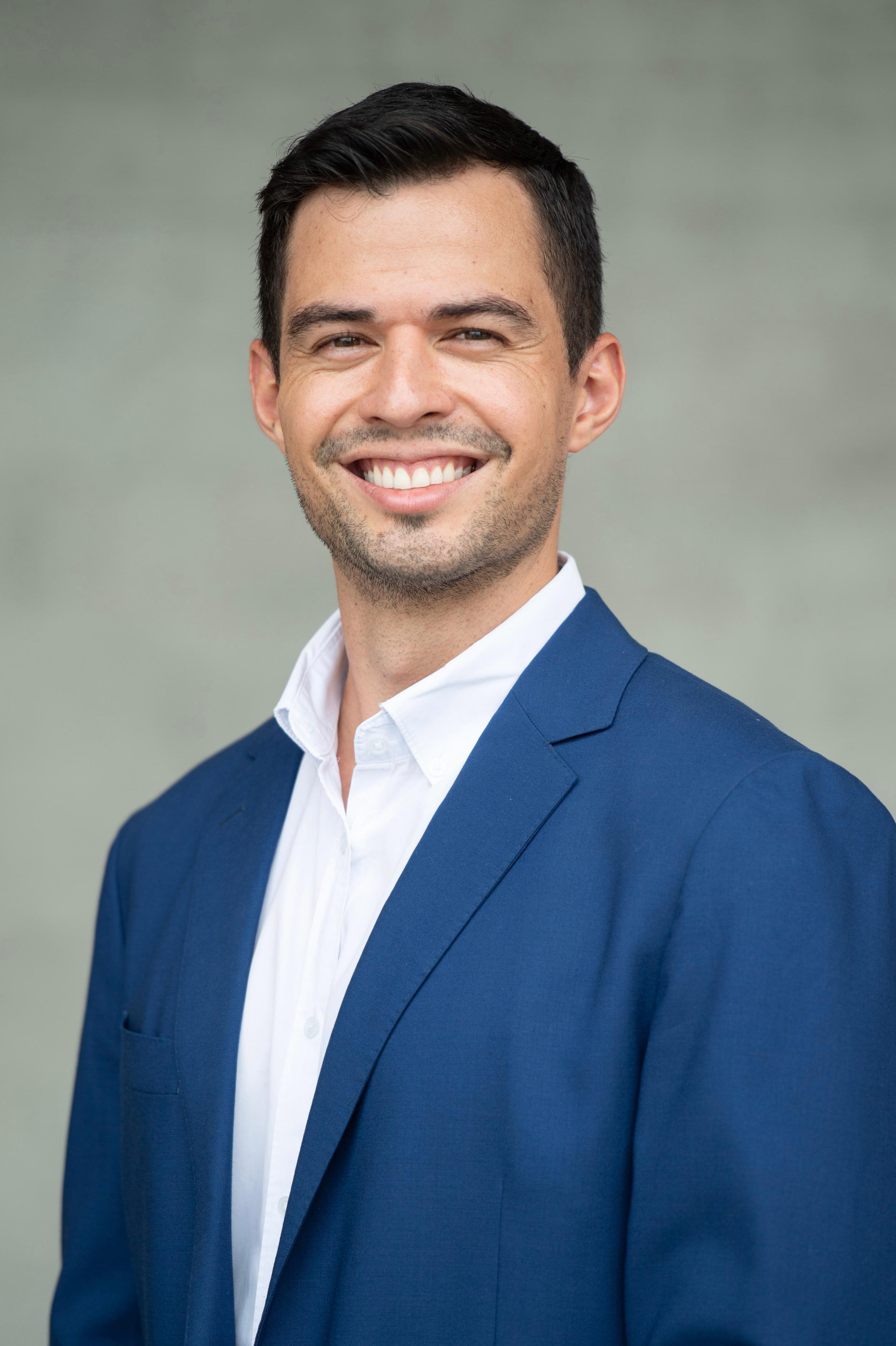Services
Tailored student‑run projects across industries
We offer tailored projects with different services for a broad variety of industries. From market entry questions to operational improvements and impact reporting, our teams combine fresh academic insight with hands‑on delivery.
Business Model Innovation
- Redesign business models to adapt to market shifts, ensuring a competitive edge.
- Implement new revenue streams, including digital transformation and strategic partnerships.
- Guide the implementation of business model changes, providing support in various areas.
Financial Planning
- Create detailed financial forecasts and budgeting strategies for sustainable growth.
- Analyze cash flow and optimize financial resources to improve profitability and efficiency.
- Develop long‑term financial plans, including investment strategies and risk management.
Market Entry Planning
- Analyze target markets and competitive landscapes to identify entry opportunities.
- Develop market entry strategies, including positioning, partnerships, and pricing models.
- Support local adaptation and compliance, ensuring smooth market penetration and growth.
Sales Growth Strategy
- Develop a tailored sales growth strategy to bring products or services to market effectively.
- Identify target markets, customer segments, and competitive advantages for successful entry.
- Create sales and distribution plans, optimizing pricing, positioning, and partnerships for growth.
Stakeholder Analysis
- Identify key stakeholders and assess their influence on your business goals and strategy.
- Analyze stakeholder needs, expectations, and potential impact on decision‑making processes.
- Develop strategies for engaging stakeholders effectively to build long‑term relationships.
Product/Service Portfolio Strategy
- Analyze current product/service portfolio to identify gaps and areas for innovation.
- Optimize the portfolio by prioritizing high‑value offerings and discontinuing underperforming ones.
- Develop strategies to expand or adjust the portfolio based on market demand and customer needs.
How a project with us is structured
A clear, time‑boxed format ensures quick alignment and tangible outcomes. Below is our standard flow; we tailor depth and deliverables to your context.
1
Scoping call (30–45 min)
Clarify objectives, success criteria, constraints and key stakeholders. Agree on scope and timeline.
2
Kick‑off & access
Joint kick‑off with your team. Share existing materials and align on check‑ins and communication.
3
Research & analysis
Desk research, interviews and data analysis. We iterate hypotheses and maintain a living workplan.
4
Mid‑term review
Half‑time checkpoint to confirm direction, narrow solution paths and decide on deep‑dives.
5
Recommendations & implementation options
Consolidated findings, practical options and an action plan with owners, sequencing and quick wins.
6
Final presentation & handover
Deliver presentation files and appendix. Handover templates and next‑step checklist for continuity.
For Students
Connecting people through knowledge and passion.
Our purpose is to connect people from different cultures through our shared passion and a professional context — leveraging both aspects to create unique opportunities.
Become part of a unique community
Grow personally and professionally while building lasting connections across Switzerland and Latin America.
✓Personal growth
✓Professional growth
✓Cultural education
✓Hands‑on collaboration
✓Mentoring & feedback
✓Career exposure
Consulting skills × cultural diversity
Combine cultural diversity with professional consulting practices to create practical impact. You will work on real‑life projects with an experienced consulting team.
- Gain experience across different industries and problem types.
- Work in small, coached teams and learn standard consulting toolkits.
- Meet new people, expand your international network, and build confidence.
- Deliver tangible results that improve how real companies operate.
Comming soon: Bogota Columbia Hub
Application
Join the community
Tell us about yourself and attach your CV. Please attach your CV file if it is not attached automatically by your browser.
